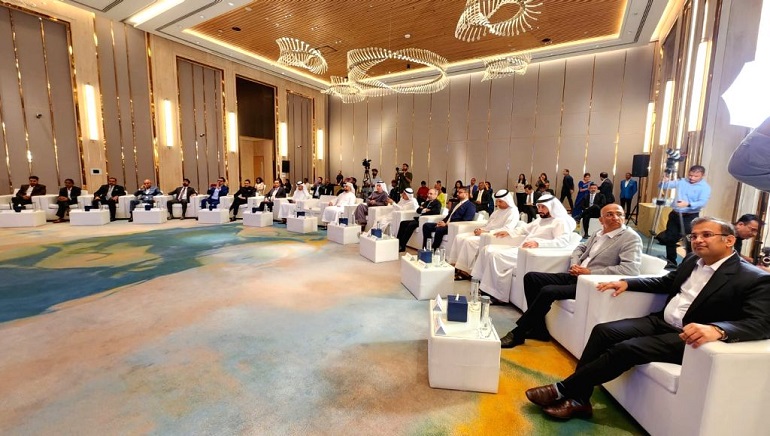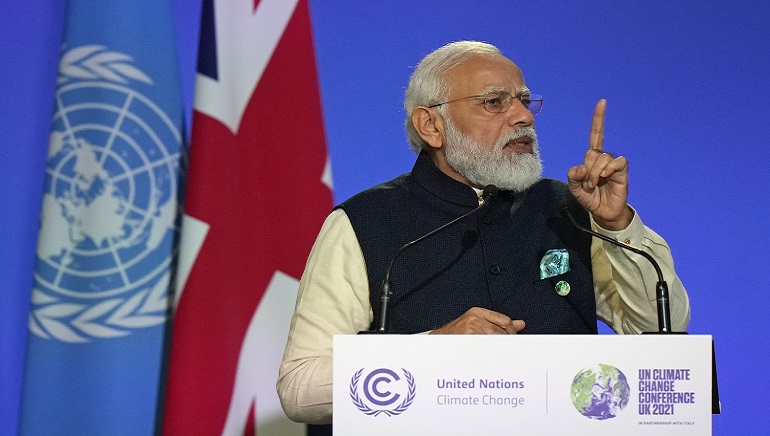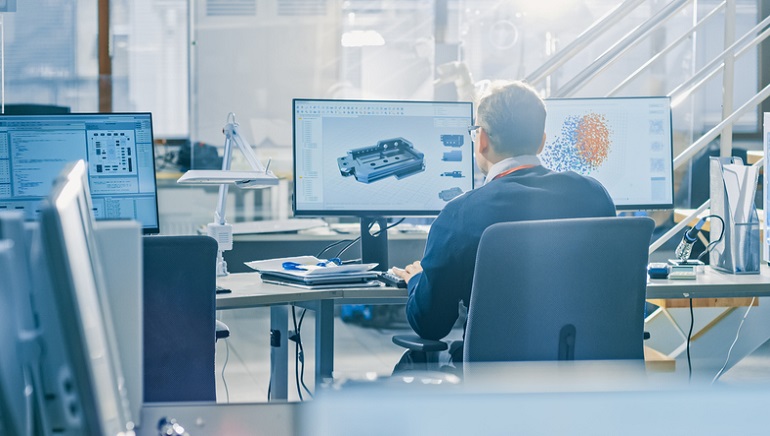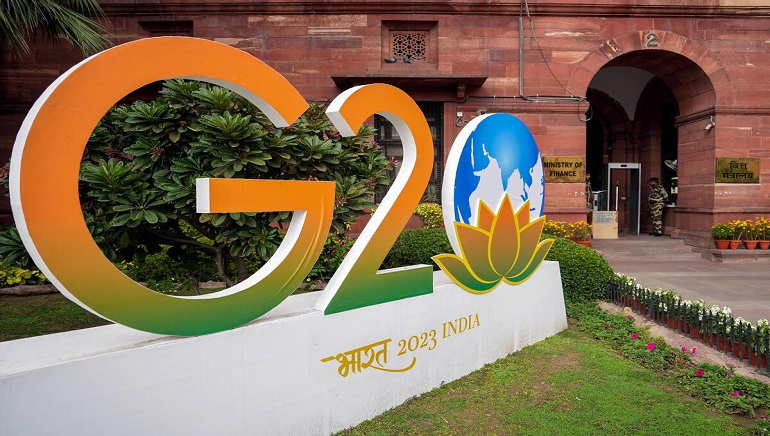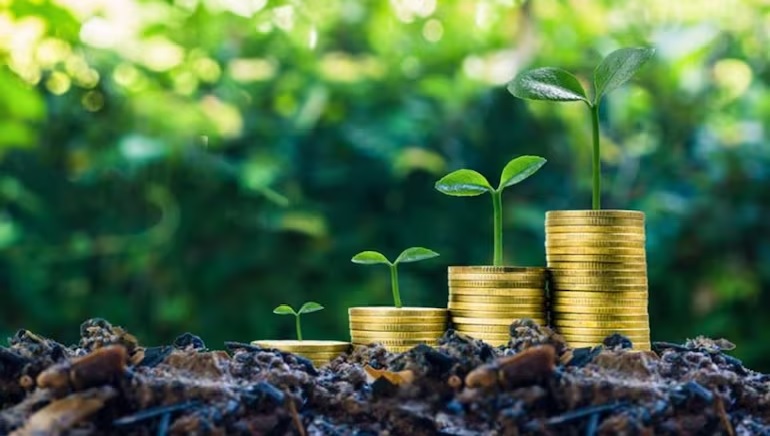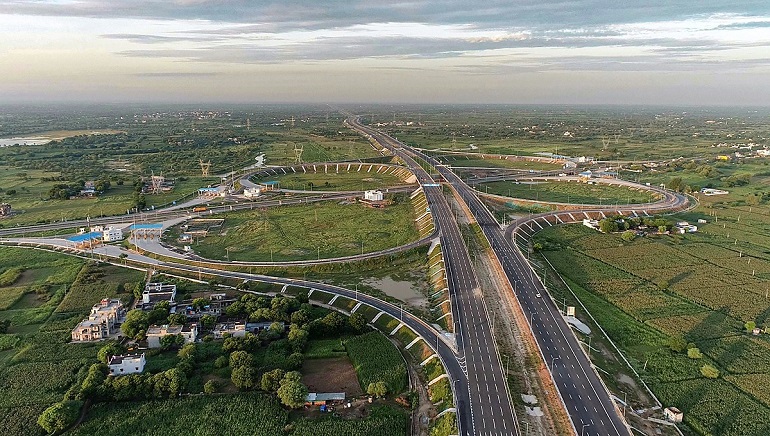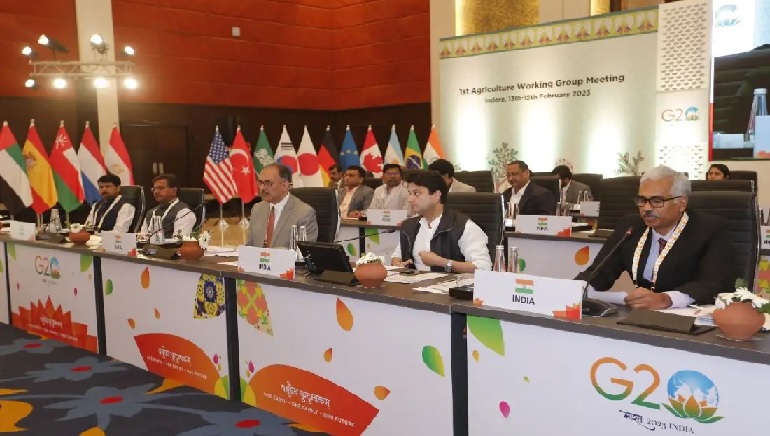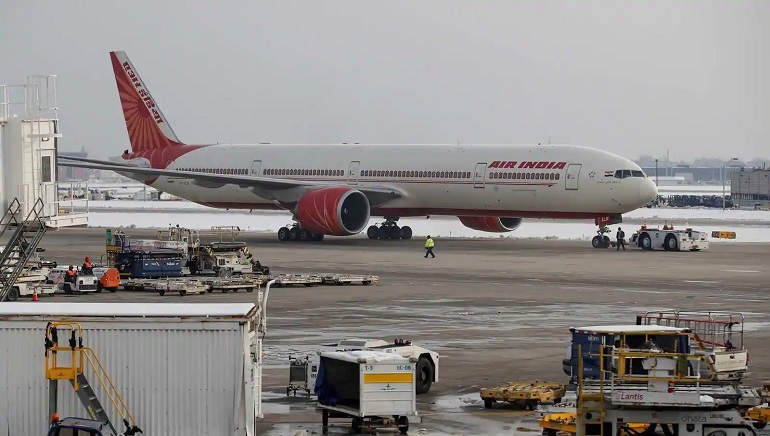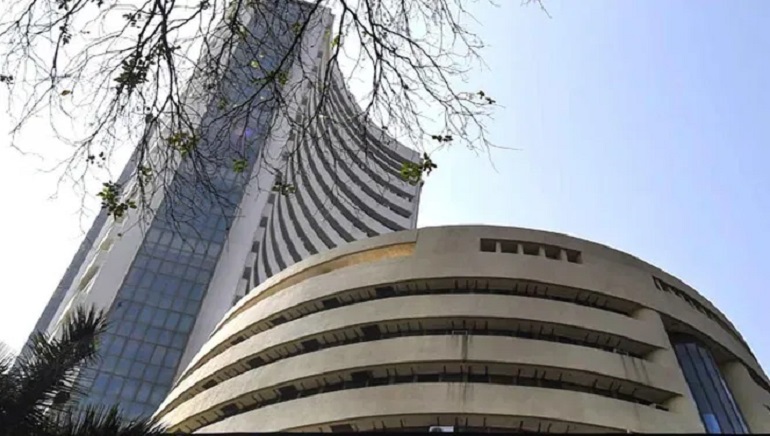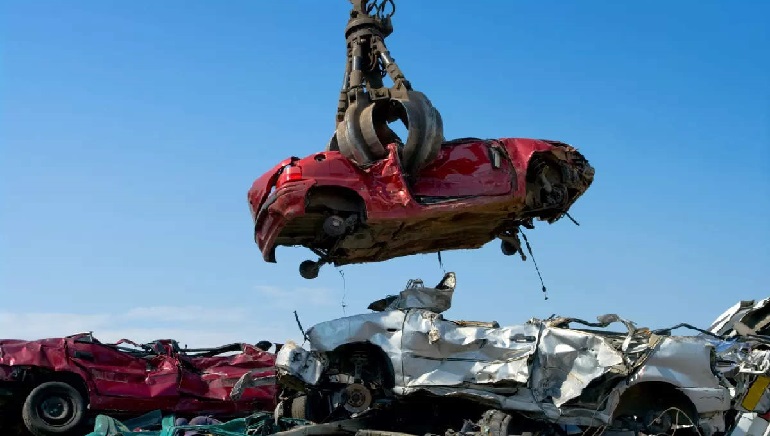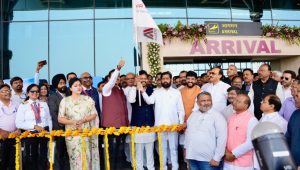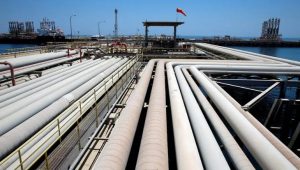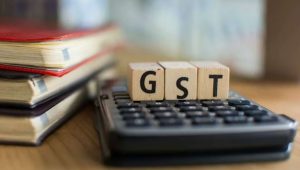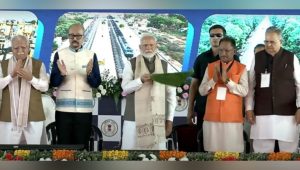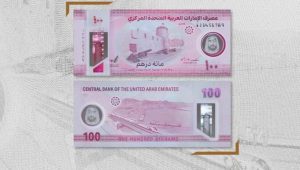India and the United Arab Emirates (UAE) have launched UAE-India Business Council (UBIC) to bolster economic ties and facilitate enhancing bilateral trade and investment. The two sides aim to increase non-oil bilateral trade to $100 billion and attract $75 billion in investment from the UAE to India.
The UAE chapter of the UIBC was launched on February 18, 2023, on the completion of one year of signing of the India-UAE comprehensive free trade agreement. The UAE Minister of State for Foreign Trade Thani bin Ahmed Al Zeyoudi launched the UIBC-UAE chapter (UIBC-UC) in the presence of India’s Ambassador to the UAE Sunjay Sudhir, Consul General of India in Dubai Dr Aman Puri, and founding members of the UBIC-UC. The chapter will serve as the counterpart organisation to the UIBC-India Chapter, which was established in New Delhi in 2015.
The members of the Council include business groups such as TATA, Reliance and Adani, and tech innovators like OLA, Zerodha, Udaan and EaseMyTrip, besides eminent Indian corporations based in the UAE such as KEF Holdings, Buimerc Corporation, Apparel Group, EFS and Lulu Financial. The founding members of the UIBC-UC from the UAE include Mubadala – Sovereign Wealth Fund of the UAE, Wizz Financial, DP World, EMAAR, Emirates Airlines, and Emirates NBD Bank.
The Council’s focus is to identify significant strategic projects that can be undertaken by both countries. This includes investments in large infrastructure projects in India, advancements in manufacturing and technology, and providing Indian manufacturers with the ability to use the UAE as a base for their global expansion.





